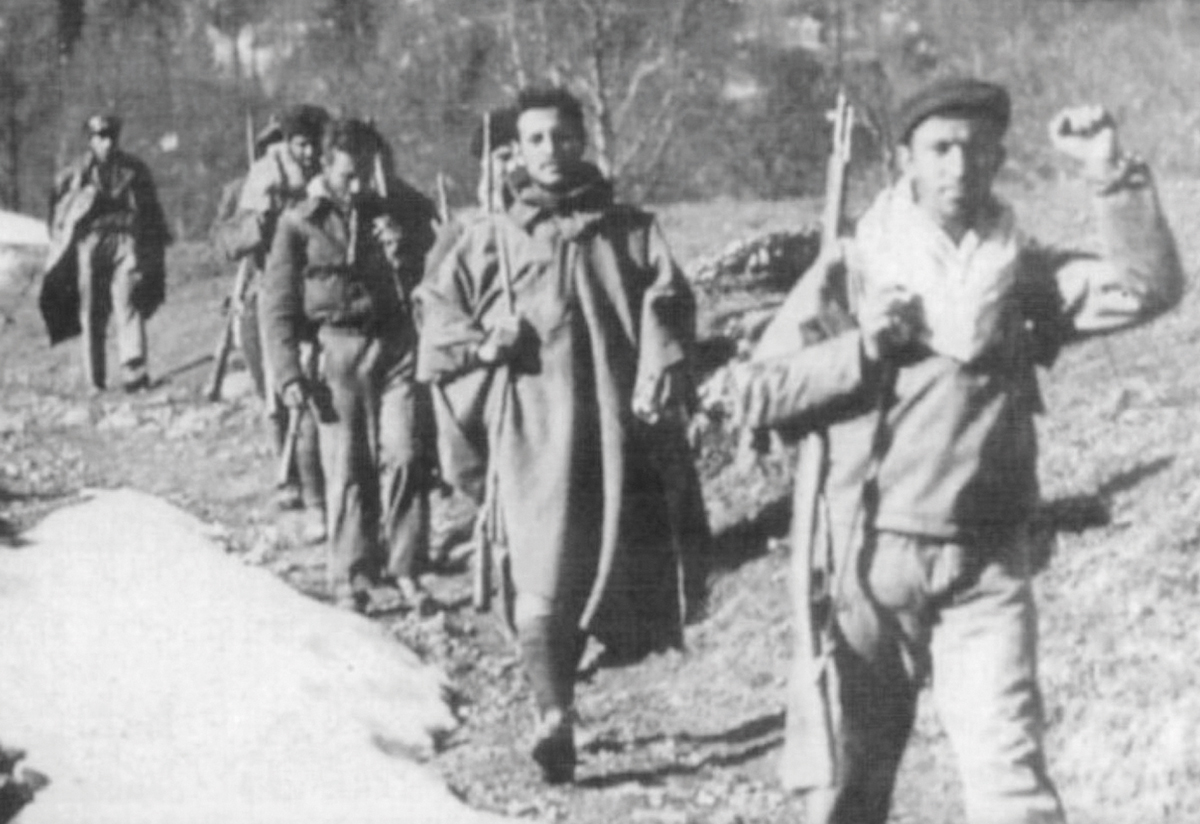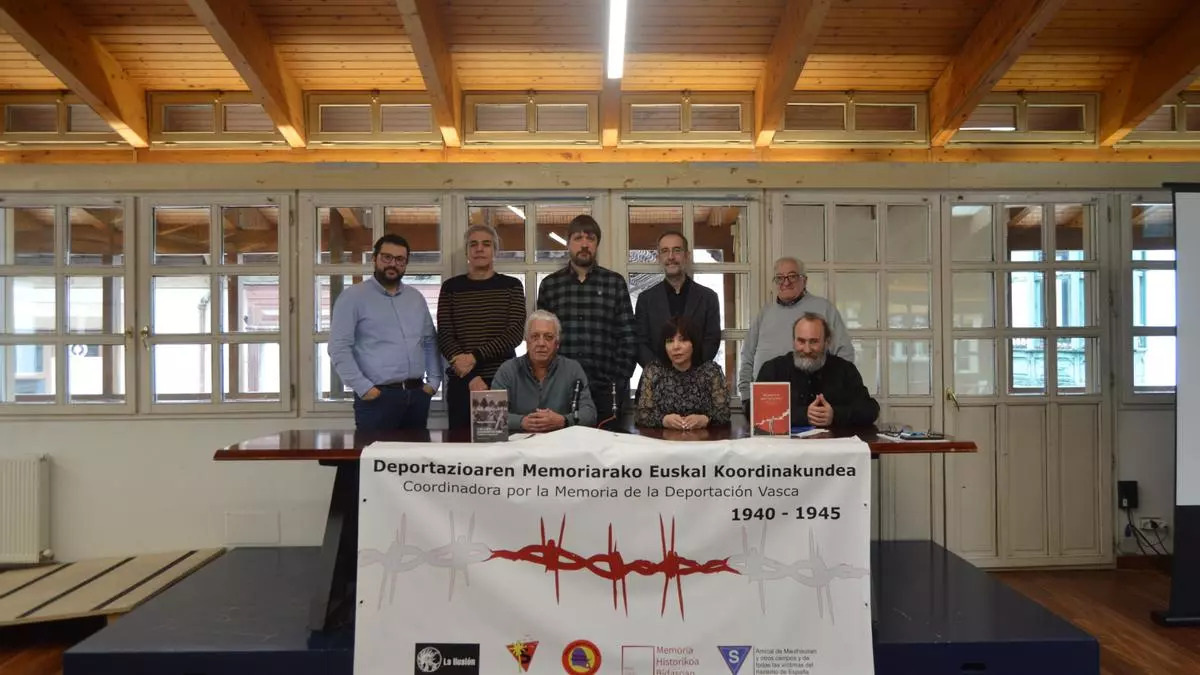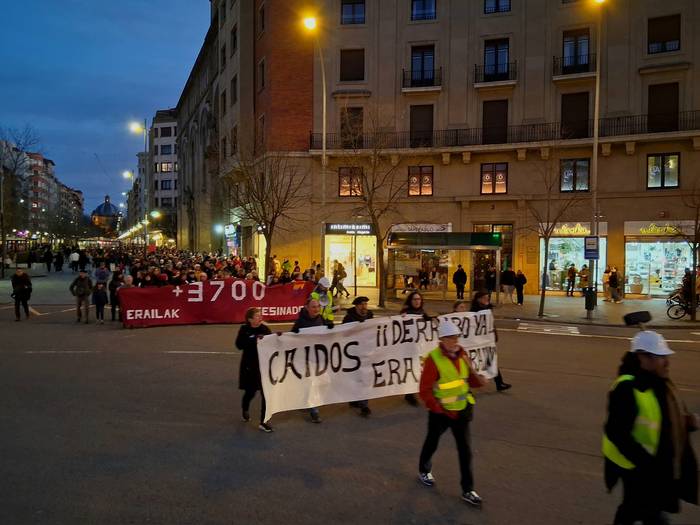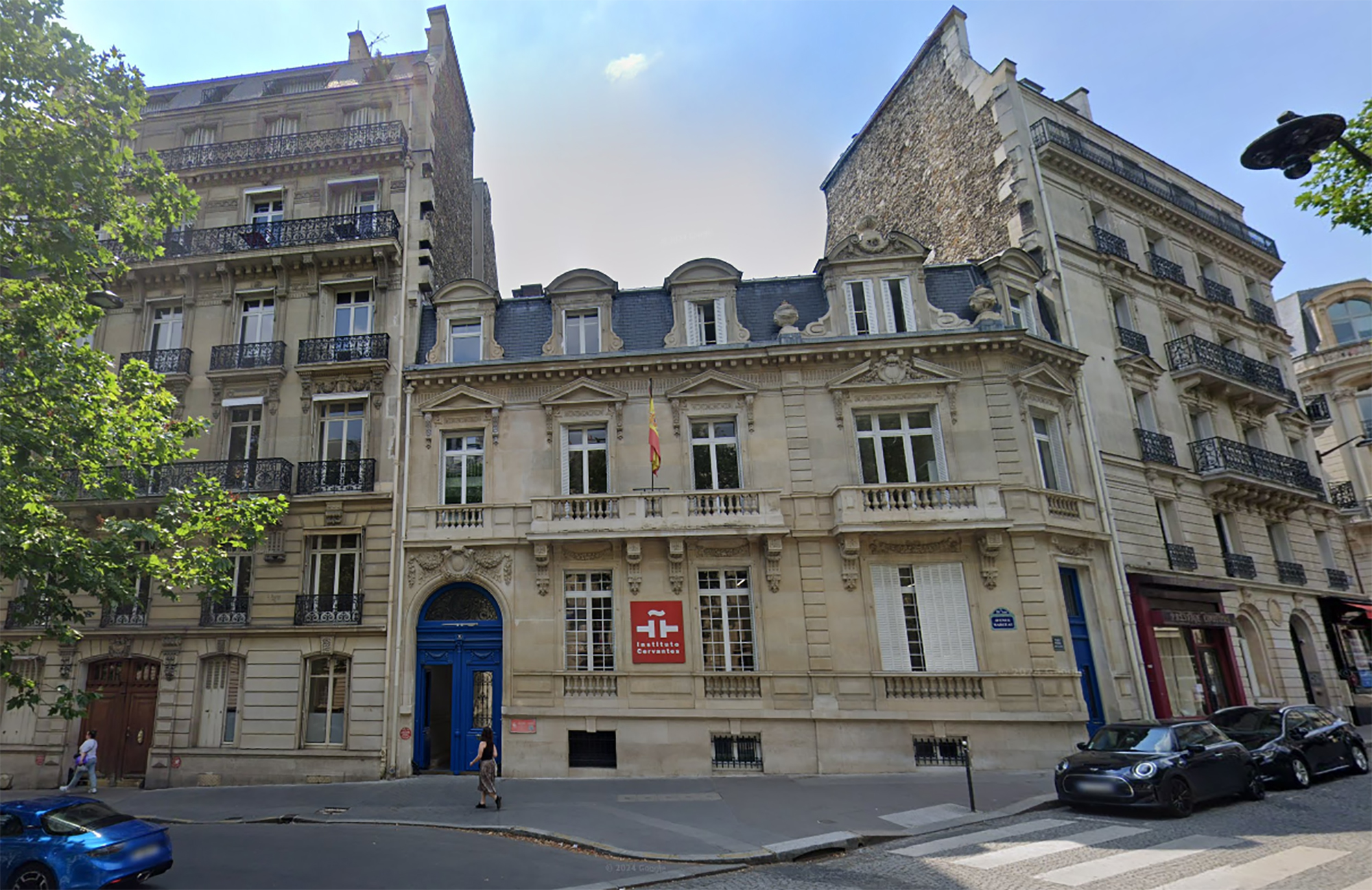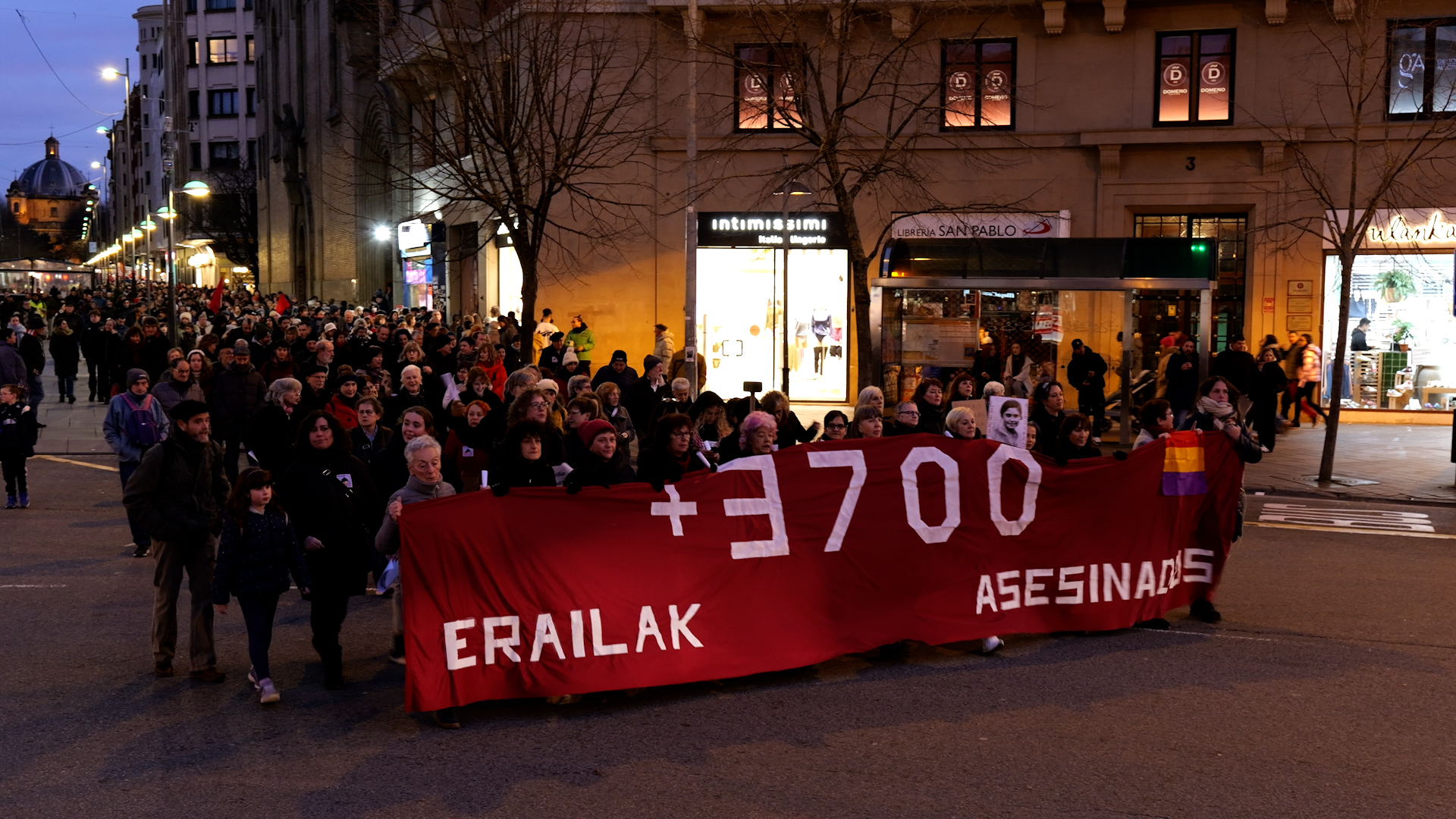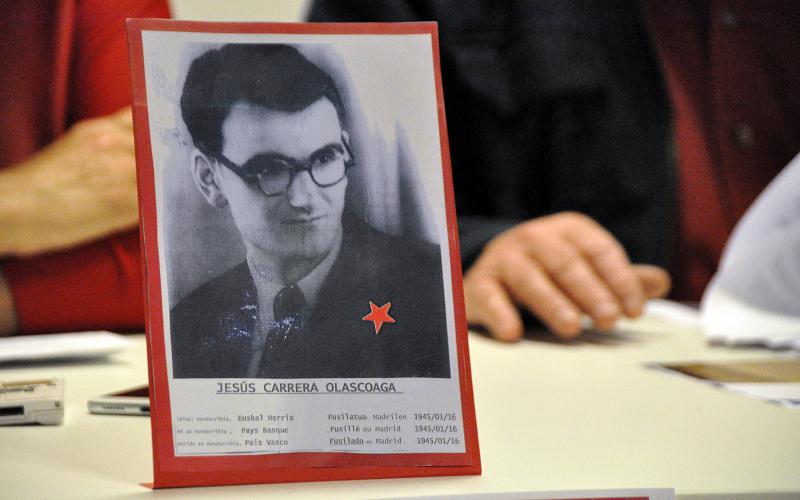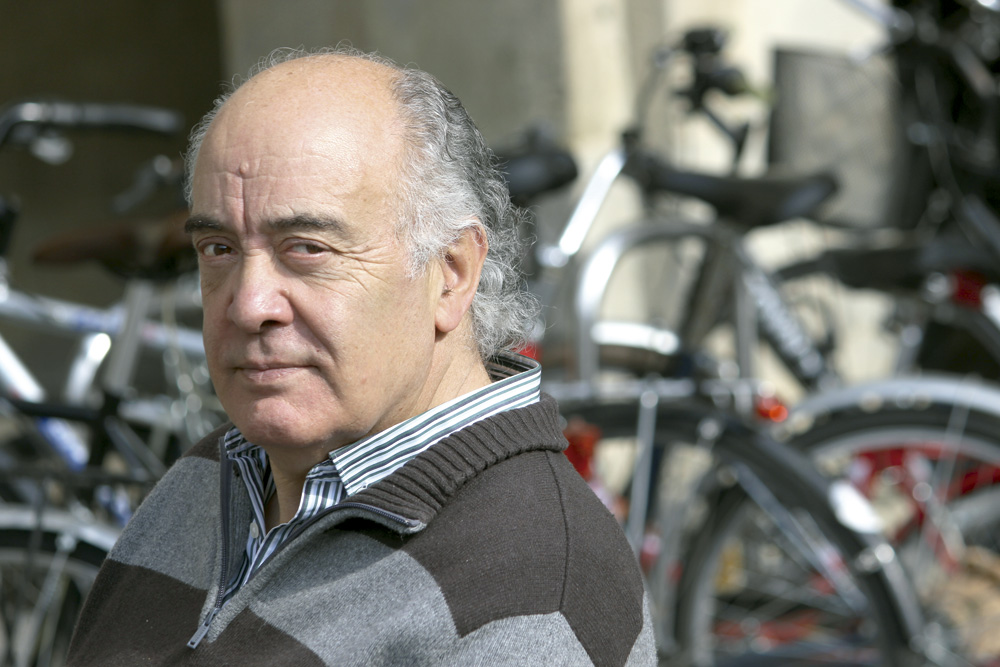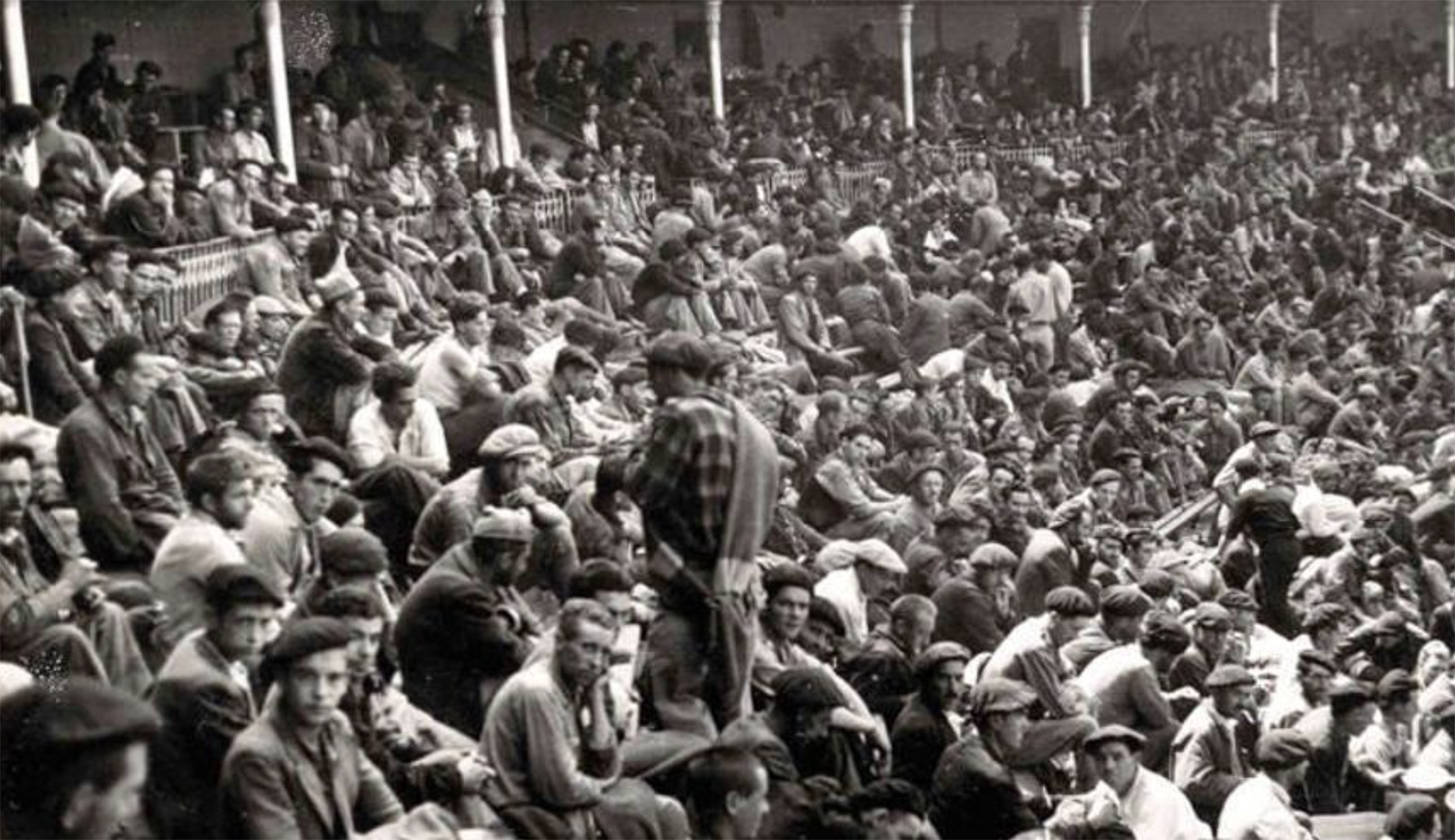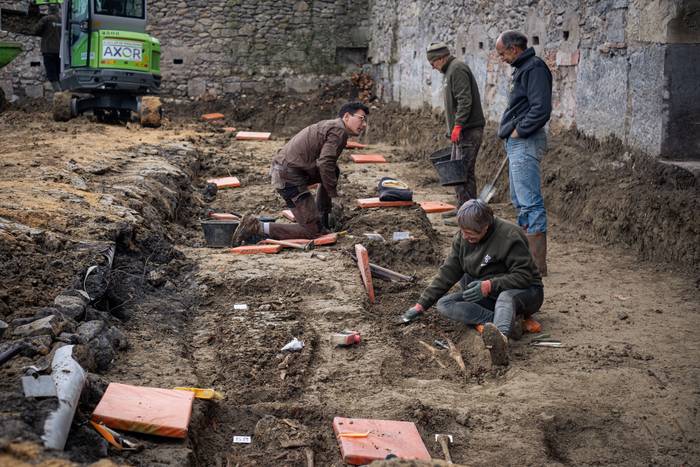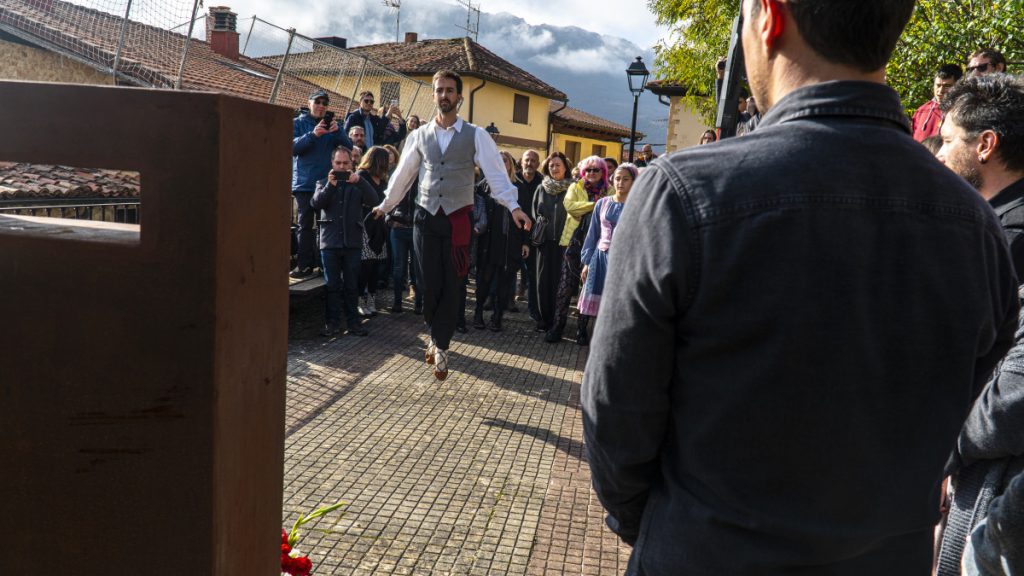Imputado Martín Villa and the Spanish transition in conflict
- Argentine justice wants to judge the former minister of the Spanish government for crimes against humanity. Justice María Servini of Cubría was charged for the massacres of the Sanfermines of 3 March 1976 and 1978, in the framework of the Argentine complaint.

Over a year ago, former Franco leader Rodolfo Martín Villa declared by videoconference to Justice María Servini covering in the midst of numerous protests over sexual assault. Victim associations have been long overdue all this time, but in the end they have taken the decision to prosecute them with joy: “We were looking forward and it’s great news,” explained Andoni Txasko, a member of the March 3 Association. A press conference will be held on Tuesday to further assess the car ahead.
In particular, Servini has prosecuted Martín Villa, in the case against the Crimes of Franco, in connection with the police massacre of 3 March 1976 in Vitoria-Gasteiz and the aggression of the Sanfermines of 1978, and has made him responsible for the death of four people: Pedro María Martínez, of the workers of Vitoria-Gasteiz Romualdo Barroso and Francisco Aznar, and of Germán Rodríguez, militant of LKI in Pamplona/Iruña. During these years, Martín Villa was Minister of Trade Union Relations and Minister of Government of Spain, and under his responsibility there were other murders and massacres in the Basque Country, including those of the Week by Amnesty in 1977.
But what is most important is placed by the Argentine judge in the context of “crimes against humanity”, a crime that does not prescribe. UPV/EHU professor of law, José Antonio Bengoetxea, has explained to ETB that this puts the case in a "comprehensive strategy" that "universally" extends jurisdiction. Thus, “the offender against humanity can be tried in any State if it recognizes the principle of universal jurisdiction,” according to Bengoetxea.
Amnesty Act 1977
This is an important step towards overcoming the Spanish Justice Wall and judging Martín Villa, but it will not be easy. In 2014, Servini accused the Franco leader and asked INTERPOL to stop him and extradite him in a statement. Both the Council of Ministers of Spain and the National Court rejected the petition, considering that the 1977 Amnesty Law was being violated.
With this new 900 page processing order, Servini intends to disarm himself with the shield granted to him by the 1977 Amnesty Law, since according to Bengoetxea the issue of universal jurisprudence “is fairer and well reasoned”. But we cannot forget that, as the judge himself has acknowledged, after the so-called “Transition”, the repressive structure of Franco continued in the Spanish State, under another political authority, and that judging Martín Villa would be to question the State itself.
Although the judge has provisionally exempted Martín Villa from prison, as the Argentine Court of Appeal has agreed to a petition from its lawyers in this regard, he has requested the seizure of his property up to EUR 10 million. Since the 1970s, the former minister has held senior management positions in at least 45 multinational banks and companies around the world. Martin Villa has already announced that he will turn to Servini's car.
Bilbo, 1954. Hiriko Alfer eta Gaizkileen Auzitegia homosexualen aurka jazartzen hasi zen, erregimen frankistak izen bereko legea (Ley de Vagos y Maleantes, 1933) espresuki horretarako egokitu ondoren. Frankismoak homosexualen aurka egiten zuen lehenago ere, eta 1970ean legea... [+]
Deportazioaren Memoriarako Euskal Koordinakundeak aintzat hartu nahi ditu Hego Euskal Herrian jaio eta bizi ziren, eta 1940tik 1945era Bigarren Mundu Gerra zela eta deportazioa pairatu zuten herritarrak. Anton Gandarias Lekuona izango da haren lehendakaria, 1945ean naziek... [+]
Pamplona, 1939. At the beginning of the year, the bullring in the city was used as a concentration camp by the Francoists. It was officially capable of 3,000 prisoners of war, at a time when there was no front in Navarre, so those locked up there should be regarded as prisoners... [+]








